
Now hiring: Digital voyeurs with flexible morals and a sense of adventure!
Psst! Hey you! Yeah, you! Lurking in the bushes with a camera! Sitting on the park bench with a cocked ear! Riding the subway with an eye on your fellow passengers' phone screens!
Are you tired of struggling to catch a glimpse of other people’s intimate moments? Need something to fill that gaping pit of loneliness and despair you call a "life?" Well, you’re in luck! Because we’ve got the perfect job for you!
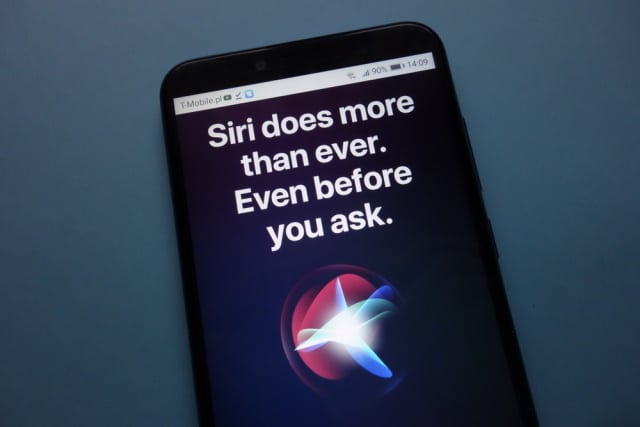
Privacy: Apple workers may well hear all of your sordid secrets via Siri
It's only a couple of weeks since we learned, for certain, that Google is listening to what people say to Google Assistant. Now -- and perhaps surprising no one -- it transpires that Siri is just as much of a privacy invasion.
Just as with Amazon and Google with Alexa and Google Assistant, Apple shares some of the recordings made via Siri with contractors with a view to improving the service. But while it may mean that Siri gets better at responding to queries, it also means that the contractors charged with "grading" Siri's performance "regularly hear confidential details" -- everything from people having sex, to people making drug deals.

Ekster Parliament 3.0 voice-activated smart wallet [Review]
There are three things you likely never leave home without -- your wallet, phone, and keys -- and it could be devastating if you lost any of them, or had them stolen.
Ekster 3.0 launched a couple of days ago and is the world’s first voice-activated smart wallet, with worldwide traceability, quick card access, and RFID protection. You can use your phone to track down the wallet should you lose it, and use the wallet to find your phone if that goes missing. (It can’t help with your keys though, so take good care of those).
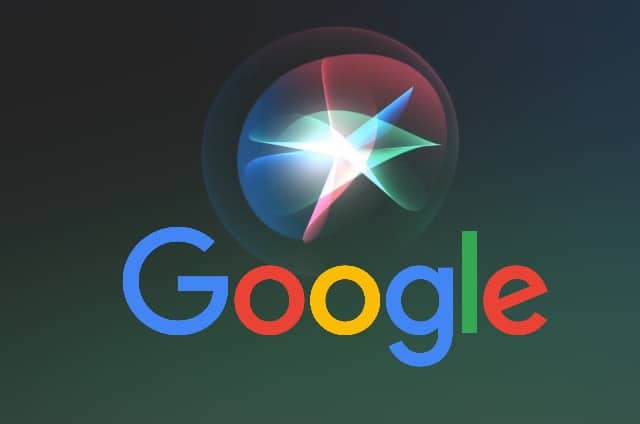
Now you can use Siri to launch Google Assistant on your iPhone
If you have an iPhone, you use Siri; if you have an Android phone, you use Google Assistant. Right? Thanks to Siri Shortcuts -- and an update from Google -- it's now easier than ever to access Google Assistant on your iPhone with a voice command.
With iOS 12, Apple introduced Siri Shortcuts giving users the opportunity to record their own voice triggers that can then be used to perform different actions. Now Google Assistant supports Siri Shortcuts, so you can access it via Siri.
Two months later, switching to Google from Apple
Doubt disturbed my commitment to give up the Apple Way for the Google lifestyle two months ago. Preparing to pack up my wife's 64GB white iPhone X, I was taken aback by how pretty it was. She kept the thing in a case, which protected from damage but also obscured beauty. For fleeting seconds, I wondered why switch. Product design that generates joy is another benefit—and one transcending any, and every, feature.
But the moment passed, and I boxed up her smartphone along with my 256GB black iPhone X. Google gave great trade-in values, which dispatched the hassle of reselling the devices on Craigslist. Eight weeks later, writing this post on Pixelbook, I don't regret the decision. Confession: The transition isn't quite complete, but we're getting there.
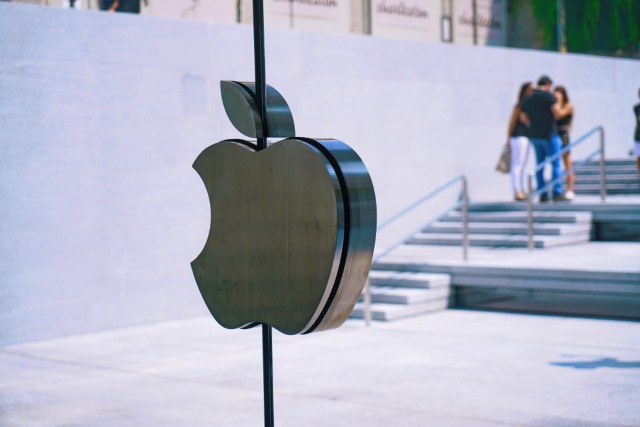
Privacy: Apple denies listening in on iPhone conversations and sharing recorded audio with third parties
In response to questions from Congress, Apple has written a letter in which it denies recording iPhone users' phone calls. The letter stresses Apple's stance on privacy after the House Committee on Energy and Commerce asked both Tim Cook and Alphabet's Larry Page about their respective companies' attitude to the privacy of user data.
Apple says very firmly that its business model "does not depend on collecting vast amounts of personally identifiable information to enrich targeted profiles marketed to advertisers". The letter also adds that Apple "doesn't provide third-party app developers with access to Siri utterances".
WWDC could see the arrival of a new Siri voice and a new HomePod
It's only a couple of week until Apple's Worldwide Developer Conference, and it's looking as though we could be getting a new voice for Siri -- and possibly a new HomePod.
This is not just idle speculation or the usual industry rumor mill working overtime -- this time around it is Siri itself providing the clues. Ask Siri what to expect from WWDC next month, and the digital assistant starts to drop hints.
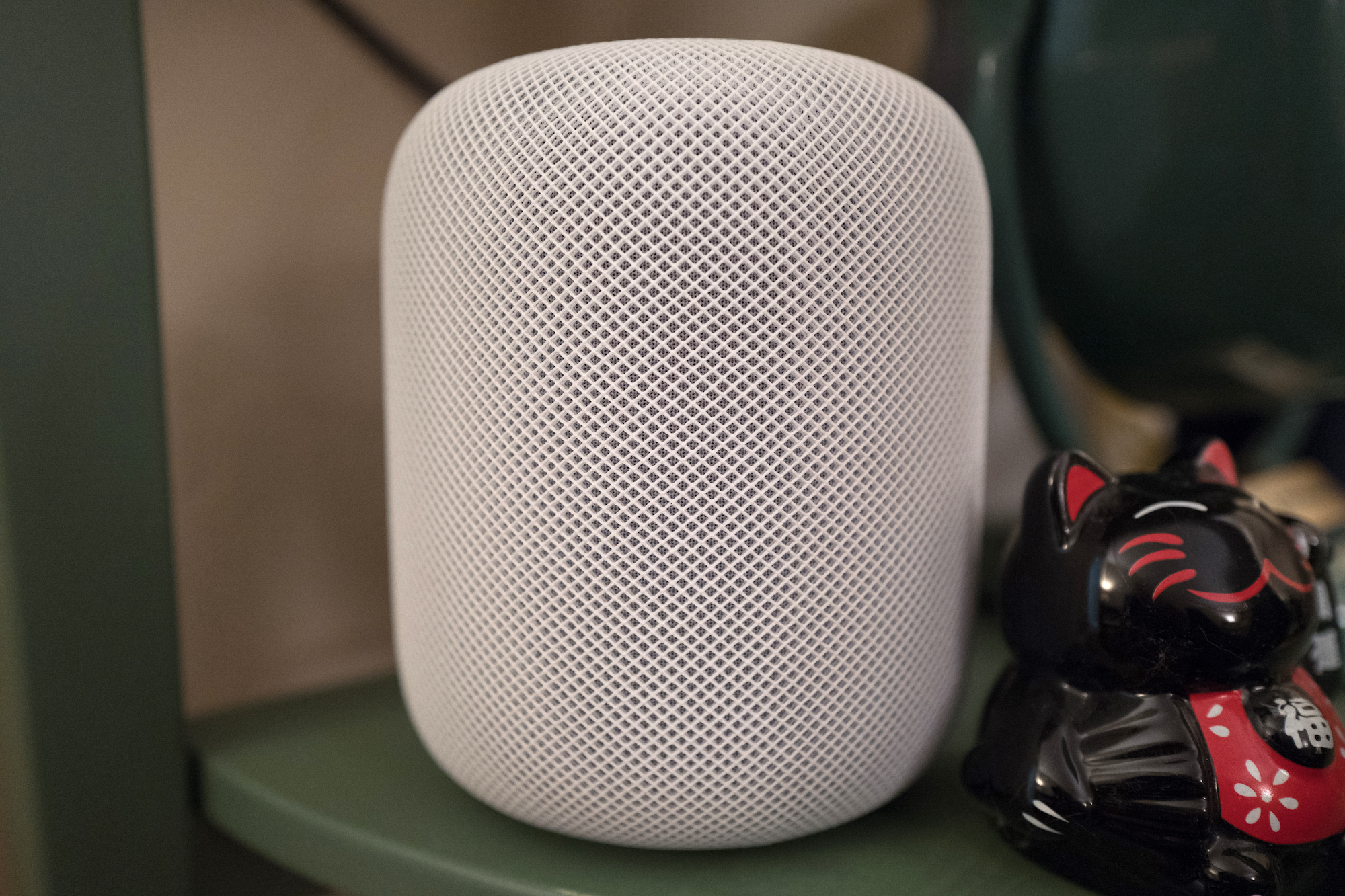
Apple HomePod: 'wow' but 'uh-oh'
HomePod arrived yesterday at 9:40 a.m. PST; thank-you UPS for prompt delivery of my preorder. My initial reaction: Wow and uh-oh. The wow harkens back to the original iPod, which Apple released in October 2001. The company's design ethic treated the overall experience as the user interface: Attach FireWire cable to Mac and device, music syncs. iTunes manages music on the Mac; for iPod, a simple scroll-wheel navigates tracks displayed on a small screen. The uncomplicated and understated approach defied the UX of every other MP3 sold by all other manufacturers.
HomePod is a defining, roots-return that's well-deserving of the portion of name in common with its forebear; both share in common emphasis on music listening as primary benefit.
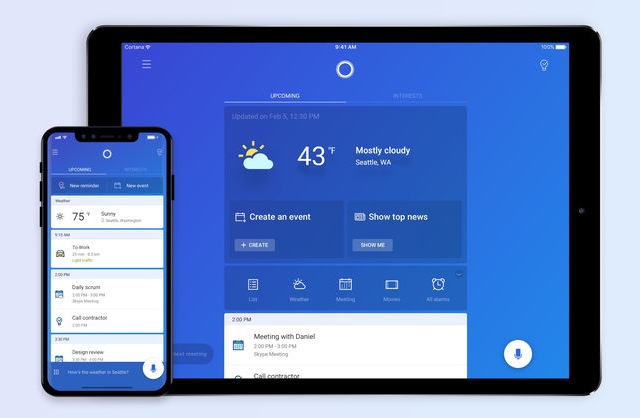
Cortana comes to iPad with faster loading than iPhone version
After something of a delay -- two years, no less -- Microsoft has finally ported Cortana from the iPhone to the iPad.
The company has not made a great deal of noise about the updated app, but its digital assistant has now been optimized for use on Apple devices with larger screens. The restrictions of iOS still mean that Cortana cannot compete directly with Siri, as it is only possible to access the assistant's tools once it has been launched.
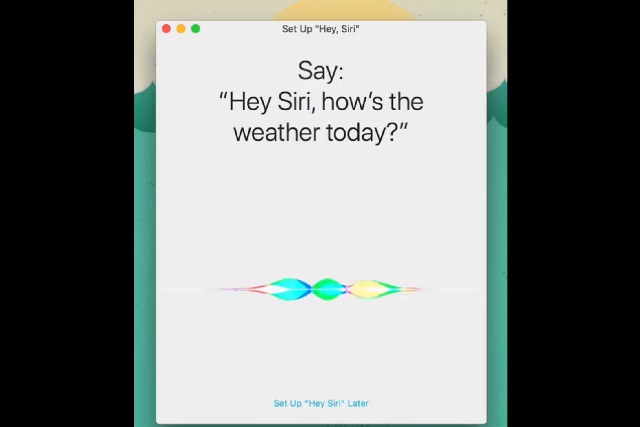
Voice-activated Siri could be coming to iMac Pro thanks to A10 Fusion chip
It seems as though Apple's upcoming iMac Pro will feature an A10 Fusion chip as a co-processor. The inclusion of the chip -- the same one used in the iPhone 7 -- has led to speculation that "Hey, Siri" support could be making its way to macOS.
A couple of developers cracked open Apple's BridgeOS 2.0 software package, and the code shows that the chip appears to be used to handle security and the boot process. But it's the prospect of always-on "Hey, Siri" support that will interest many people.

Hackers can take control of Siri, Cortana and other digital assistants with ultrasonic commands
Security researchers have discovered that digital assistants, including Alexa, Siri and Cortana, are vulnerable to hacking via inaudible voice commands. Known as the DolphinAttack, the exploit involves the use of ultrasonic commands that cannot be heard by humans.
Researchers from China's Zhejiang University have detailed the attack technique in a paper, but there are so many limitations and caveats that the vulnerability is not something that most people need worry about.
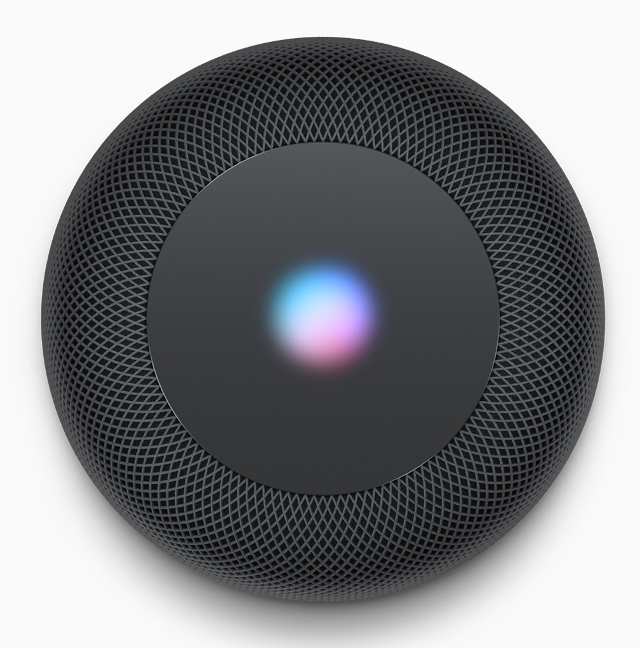
WWDC 2017: Apple HomePod is a $350 Siri-powered speaker system that you can't buy
When Amazon released the Echo hardware and Alexa voice assistant, no one knew for sure how successful it would be. Since the release, however, it has proven wildly popular -- not only with users, but with developers and hardware-makers too. There are many devices that work with Alexa, not to mention, countless skills.
Following Echo being a runaway success, Google copied it with its Home assistant. Curiously absent in this copying, however, was Apple. Since the company already has a voice assistant with Siri, it seemed like creating a hardware speaker would be a no-brainer. Sadly, one did not surface -- until now. Today, Apple announces the product for which many people were clamoring -- HomePod. Unfortunately for the company, the product will be a tough sell.
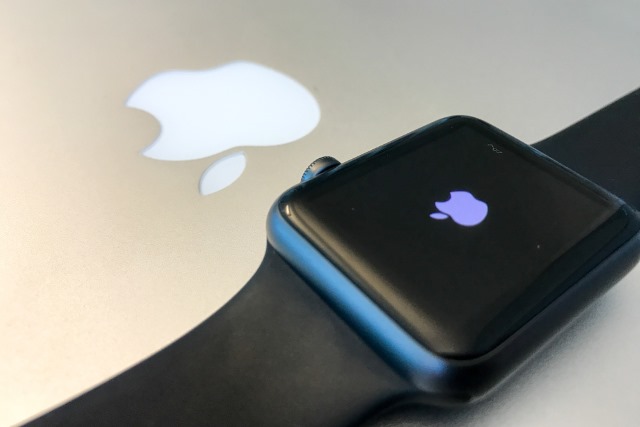
WWDC 2017: Apple watchOS 4 brings Siri -- and Toy Story -- to watch faces
At WWDC today Apple announced not only High Sierra, but also watchOS 4. One of the biggest updates -- or at least the most visible -- here are to be found on watch faces. As well as being customizable, faces can now dynamically change based on various criteria, such as location and time of day.
Apple is also bring kaleidoscopic faces to the Watch -- something it describes as "trippy." But perhaps the most exciting update is the fact that Siri can now be used on Apple Watch.
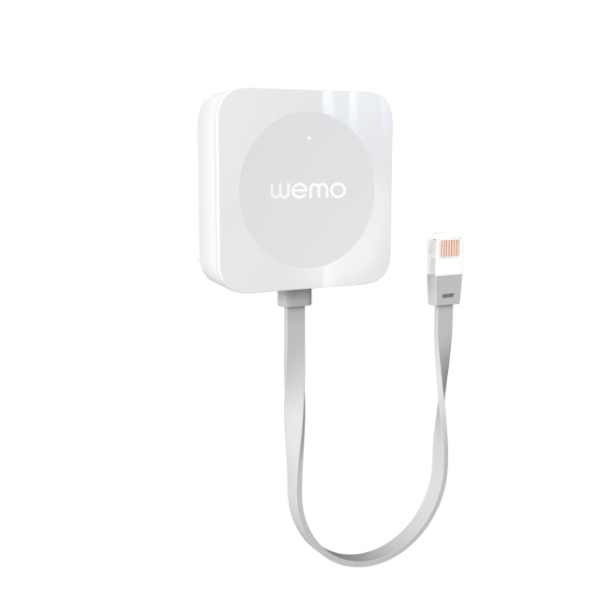
Belkin Wemo smart home devices will soon be compatible with Apple HomeKit and Siri
Belkin's Wemo smart home devices are absolutely brilliant. Not only does the company offer power outlet and light switch adapters, but it recently introduced a dimmer switch too. The Wemo products are also compatible with both Amazon Alexa and Google Home, making them easy to control by voice.
Unfortunately, Wemo devices are not compatible with Apple HomeKit or Siri. There is good news, however -- Belkin is adding support. Starting this fall, consumers can buy a new product called "Wemo Bridge," which will enable HomeKit support for existing Wemo devices. It simply plugs into an Ethernet port on your router, thereby enabling support for Apple's smart home platform.
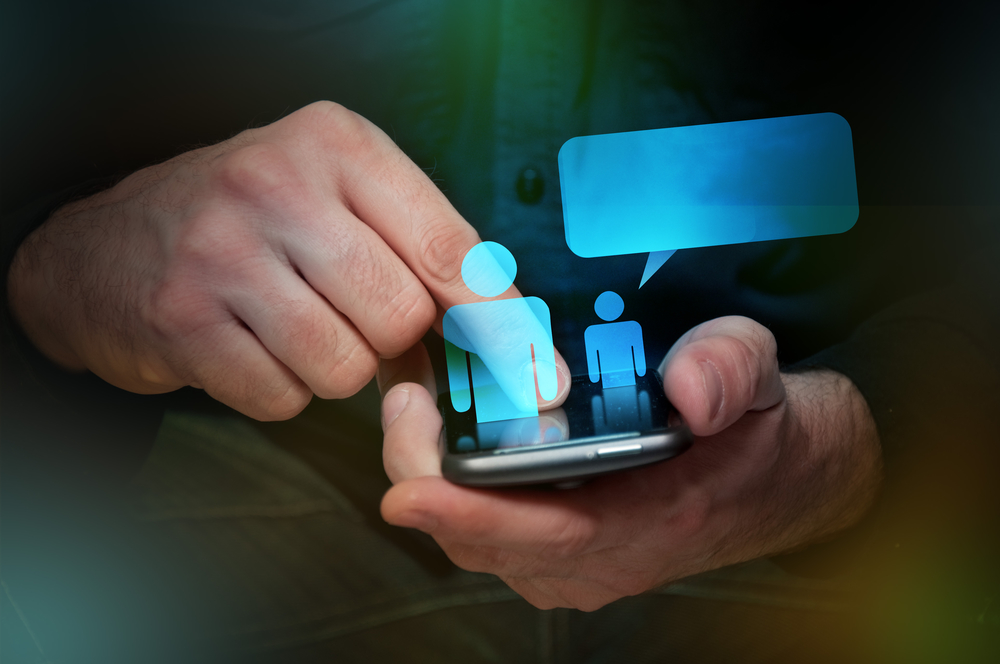
Digital assistants set to outnumber people by 2021
The number of digital assistants installed is on track to exceed 7.5 billion by 2012, which is more than the world population.
According to technology research company Ovum, Google Assistant will dominate the voice AI–capable device market with 23.3 percent market share, followed by Samsung's Bixby (14.5 percent), Apple's Siri (13.1 percent), Amazon's Alexa (3.9 percent), and Microsoft's Cortana (2.3 percent).
